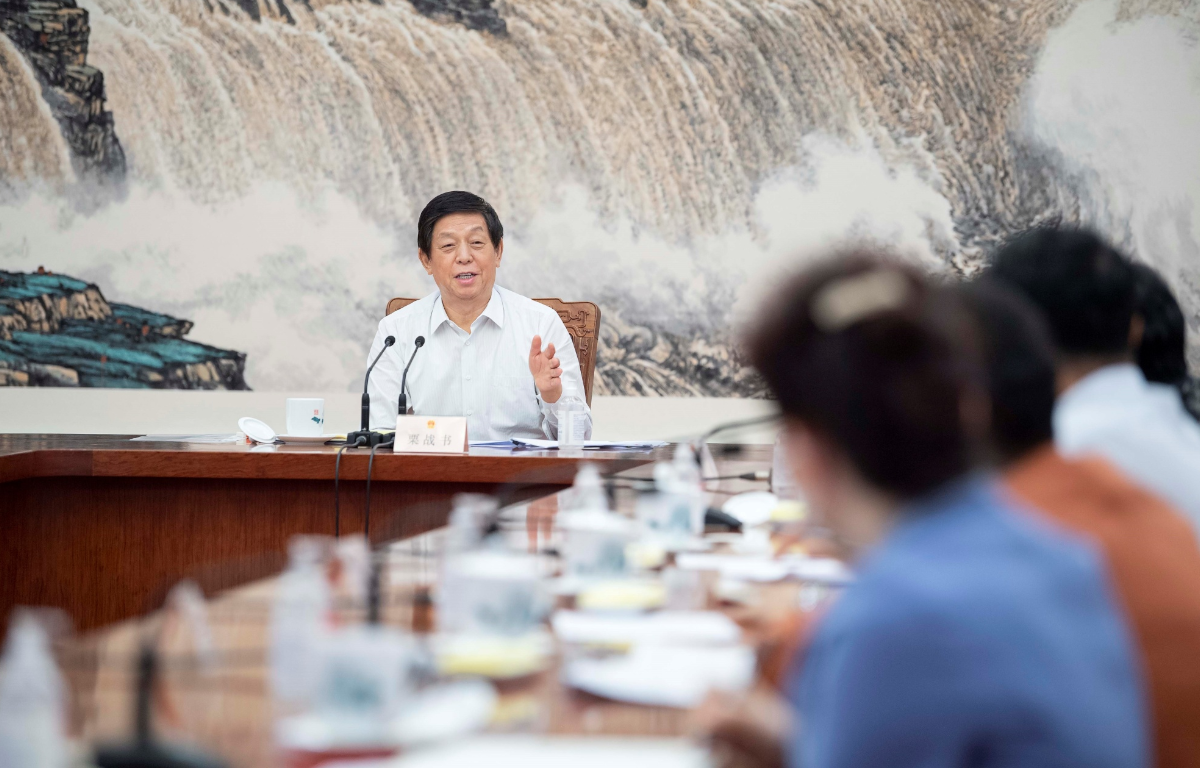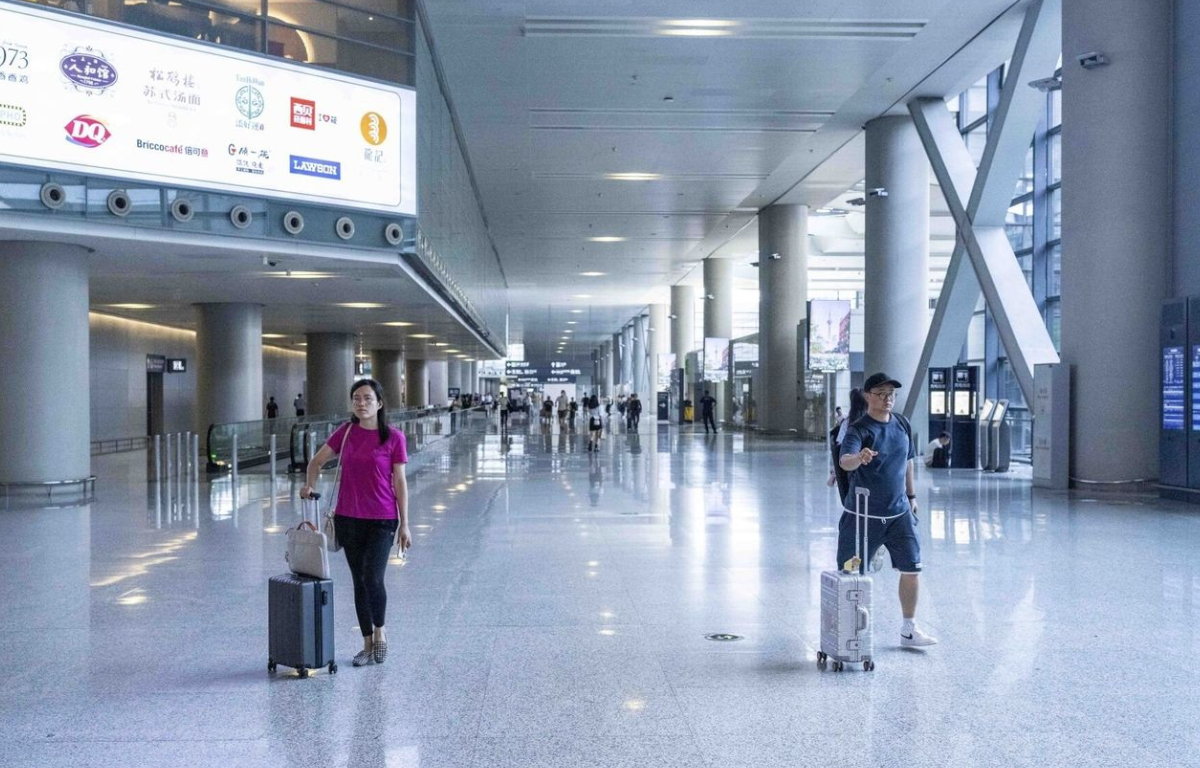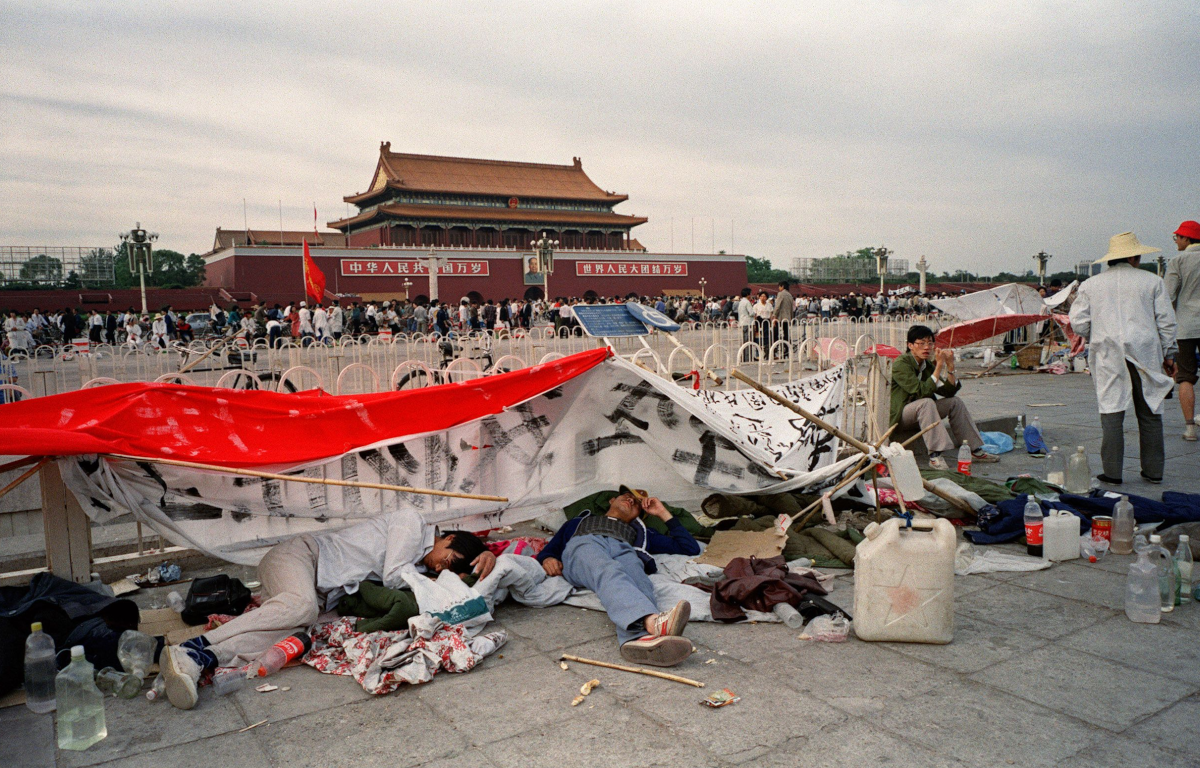
One of the most pressing issues is the noticeable slowdown in economic growth. China’s economy, once characterized by double-digit growth, has been experiencing a deceleration in recent years. Factors such as an aging population, declining export growth, and the transition to a consumption-driven economy have contributed to this deceleration.
Another critical concern is the ballooning debt levels, particularly in the corporate sector. State-owned enterprises (SOEs) are often heavily indebted, posing a significant threat to financial stability. Balancing the need to control this debt without triggering economic shocks is a delicate act requiring careful policy measures.
Trade tensions with the United States and other nations have exacerbated these challenges. Tariffs and restrictions on Chinese tech companies have disrupted global supply chains and created uncertainties for Chinese businesses, further testing the nation’s resilience.
The Evergrande crisis, one of China’s largest property developers teetering on the edge of collapse, presents yet another economic conundrum. The government must navigate this crisis carefully to prevent it from cascading into a full-blown financial catastrophe.
Simultaneously, President Xi’s administration has been assertively tightening its grip on various facets of Chinese society. Dissent has been stifled through crackdowns on activists, lawyers, and journalists, while online censorship, enforced by the “Great Firewall,” restricts access to politically sensitive information.
Xi’s government has also exerted greater control over businesses, particularly tech giants like Alibaba and Tencent. This includes antitrust investigations, regulatory crackdowns, and calls for companies to align more closely with Communist Party ideology.
The imposition of a national security law in Hong Kong is emblematic of Beijing’s drive for control, effectively curtailing the region’s autonomy.
China’s ambitious Social Credit System, while still in its early stages, aims to monitor and control citizens’ behavior through scores based on their actions. Its potential for control is vast.
The intricate relationship between China’s economic challenges and President Xi Jinping’s fixation on control presents a multifaceted test. Balancing the need for economic reform, innovation, and global integration with the government’s overarching desire for control is a complex and precarious endeavor. The outcome will not only shape China’s economic future but also its role on the global stage, making it a subject of keen interest for the world.










Share this: